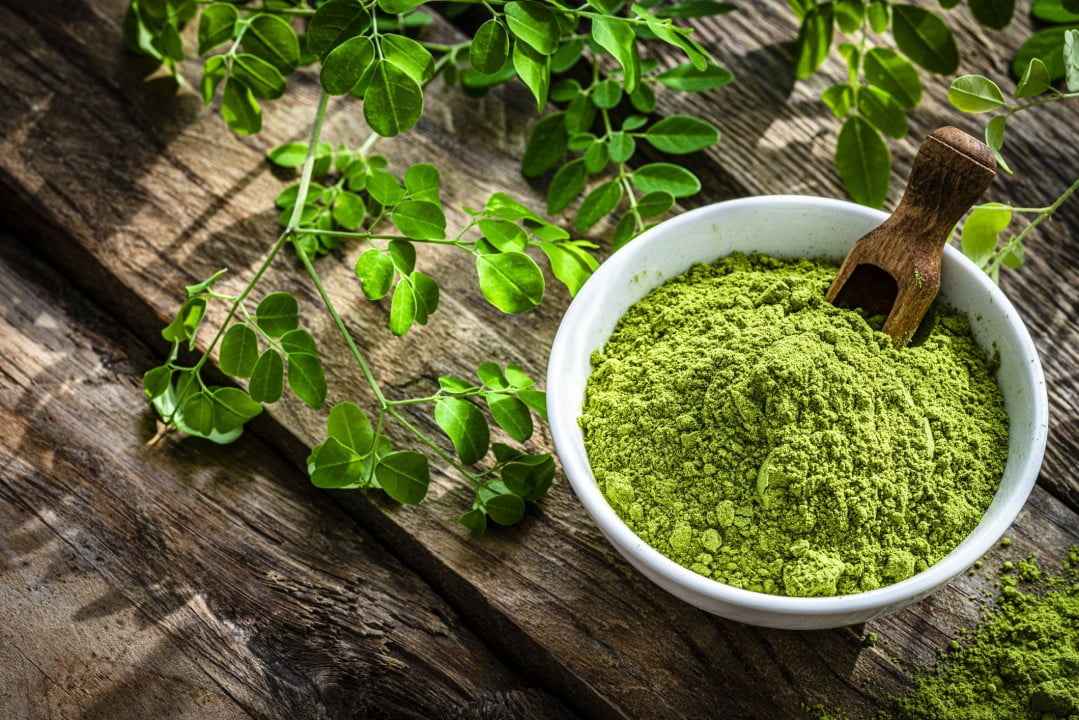In the realm of nature’s bounty, the Moringa tree stands as a verdant testament to the myriad benefits it bestows upon humanity. Native to parts of Africa and Asia, this miracle tree, also known as “Drumstick Tree” or “Miracle Tree,” has gained global recognition for its unparalleled nutritional value and versatile applications. As we delve into the importance of the Moringa tree, it becomes evident that this green giant is not just a botanical wonder but a catalyst for sustainable development, health, and environmental well-being.
Nutritional Powerhouse:
At the heart of the Moringa tree’s significance lies its exceptional nutritional content. The leaves of the tree are rich in essential vitamins and minerals, making them a potent source of nourishment. Moringa leaves are packed with vitamin C, vitamin A, calcium, potassium, and iron, among other nutrients. The presence of these vital elements positions Moringa as a superfood, offering a natural and easily accessible supplement to combat malnutrition in various parts of the world.
Addressing Malnutrition:
In regions where malnutrition remains a pressing issue, the Moringa tree emerges as a beacon of hope. The leaves, flowers, and seeds of the tree are edible and can be incorporated into the diet to fill nutritional gaps. The high protein content in Moringa leaves makes it an invaluable resource, particularly in areas where access to quality protein sources is limited. NGOs and local communities are increasingly recognizing the Moringa tree as a sustainable solution to malnutrition, promoting its cultivation and consumption.
Sustainable Agriculture:
Beyond its nutritional benefits, the Moringa tree plays a pivotal role in sustainable agriculture. Known for its ability to thrive in arid and semi-arid regions, Moringa is a hardy plant that requires minimal water and soil nutrients. Its deep roots enable it to access groundwater, making it resilient to drought conditions. This adaptability makes Moringa a valuable asset in combating desertification and promoting sustainable agricultural practices in regions facing environmental challenges.
Bioactive Compounds and Medicinal Properties:

The Moringa tree is not only a source of essential nutrients but also a treasure trove of bioactive compounds with medicinal properties. Studies have highlighted the antioxidant, anti-inflammatory, and antimicrobial properties present in various parts of the tree. Traditional medicine systems have long recognized the healing potential of Moringa, using it to treat a range of ailments. The tree’s leaves, bark, seeds, and roots contribute to the production of herbal remedies, opening doors to affordable and accessible healthcare solutions.
Water Purification:
In addition to its nutritional and medicinal attributes, the Moringa tree is recognized for its role in water purification. The seeds of the Moringa tree contain coagulants that can be used to clarify water. When crushed and added to turbid water, Moringa seeds attract impurities and bacteria, facilitating the purification process. This simple and cost-effective technique has proven effective in improving water quality, especially in areas where access to clean water is a challenge.
Environmental Benefits:
The Moringa tree’s positive impact extends beyond human health to environmental conservation. Its ability to thrive in challenging conditions makes it an excellent candidate for reforestation efforts. Moringa’s fast growth rate and extensive root system contribute to soil stabilization, preventing erosion in degraded areas. The tree’s shade also helps cool the surrounding environment, making it conducive for other plant species to flourish.
Economic Opportunities:
As the global demand for natural and sustainable products rises, the Moringa tree presents economic opportunities for farmers and entrepreneurs. The cultivation of Moringa for commercial purposes, such as the production of Moringa oil, powder, and supplements, has gained traction. By tapping into the Moringa market, communities can create sustainable livelihoods, diversify their income sources, and contribute to the growing green economy.
Conclusion:
In conclusion, the Moringa tree’s importance transcends its botanical roots, weaving a narrative of nutritional fortification, environmental stewardship, and economic empowerment. From addressing malnutrition and providing medicinal solutions to promoting sustainable agriculture and water purification, the Moringa tree stands tall as a symbol of resilience and sustainability. As we harness the green gold that is the Moringa tree, we unlock a plethora of benefits that have the potential to transform lives, communities, and ecosystems around the world.
Ajigofarms is a reliable global agricultural purchase sourcing with profound expertise in the manufacturing, and exportation of food crops. We are tested, and trusted suppliers of all kinds of cash crops and food crops. Our constant supply chain solution makes exporting easy, quick, and safe, we are identified with timeliness and meeting up with deadlines. Regardless of the region you are located in worldwide, you can reliably order your Agric products and be rest assured of successful delivery.




